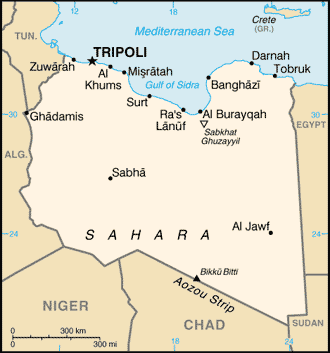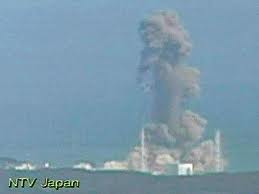Both of the authors below opposed the US led war in Iraq. Both of them support imperialist intervention in Libya.
An Open Letter to the Left on Libya by Juan Cole
The United Nations Security Council authorization for UN member states to intervene to forestall this massacre thus pitched the question. If the Left opposed intervention, it de facto acquiesced in Qaddafi’s destruction of a movement embodying the aspirations of most of Libya’s workers and poor, along with large numbers of white collar middle class people. Qaddafi would have reestablished himself, with the liberation movement squashed like a bug and the country put back under secret police rule. The implications of a resurgent, angry and wounded Mad Dog, his coffers filled with oil billions, for the democracy movements on either side of Libya, in Egypt and Tunisia, could well have been pernicious.
Libya: a legitimate and necessary debate from an anti-imperialist perspective by Gilbert Achcar
The left should certainly not proclaim such absolute “principles” as “We are against Western powers’ military intervention whatever the circumstances.” This is not a political position, but a religious taboo.
Many of the comments to these articles express dismay at Cole and Achcar for questioning the one true way of anti imperialist consistency. We are witnessing a repeat of the process whereby anti-imperialist purists condemn and cast out those who refuse to remain true believers. See this supportive comment on the Juan Cole thread:
AMEN, JUAN! AMEN! Thank you so much for this. I’ve been an active demonstrator and vocal, obnoxiously-sanctimonious railer against the wars in Afghanistan and Iraq, along with railing against Obama’s weak health-care “reform,” his subservience to Wall St., his perpetuation and expansion of W.’s oppressive national security state and military budget… I’ve made lots of “comrades” in that time, and I’m split from nearly all of them in supporting this intervention in Libya …









Recent Comments